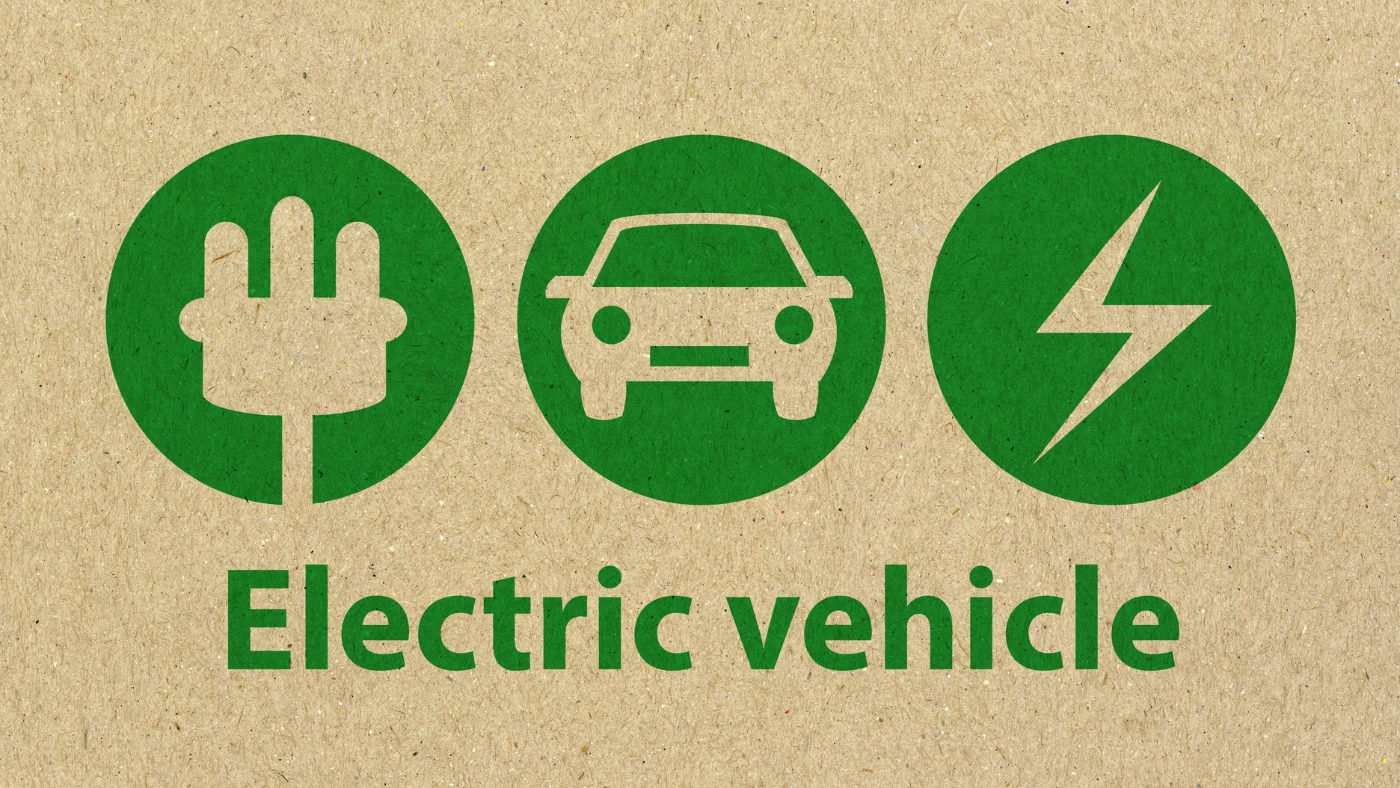Contents
- 1 Key Points
- 2 Overview
- 3 Why Consider an Electric Car?
- 4 What to Expect
- 5 Introduction | परिचय
- 6 Purchase Price of Electric Cars in India | भारत में इलेक्ट्रिक कारों की खरीद मूल्य
- 7 EV Subsidies in India 2025 | 2025 में भारत में ईवी सब्सिडी
- 8 Cost of Owning an Electric Car in India | भारत में इलेक्ट्रिक कार के मालिक होने की लागत
- 9 Comparison with Conventional Cars | पारंपरिक कारों के साथ तुलना
- 10 Q&A Section
- 10.1 What is the cost of owning an electric car in India? | भारत में इलेक्ट्रिक कार के मालिक होने की लागत क्या है?
- 10.2 How much does it cost to charge an electric car in India? | भारत में ईवी चार्जिंग की लागत कितनी है?
- 10.3 What are the subsidies available for electric cars in India in 2025? | 2025 में भारत में ईवी सब्सिडी क्या हैं?
- 10.4 Is it cheaper to own an electric car compared to a petrol car in India? | क्या इलेक्ट्रिक कार भारत में सस्ती है?
- 10.5 What is the maintenance cost of an electric car in India? | भारत में इलेक्ट्रिक वाहन रखरखाव लागत क्या है?
- 11 Conclusion | निष्कर्ष
Key Points
- Electric car ownership cost in India (भारत में इलेक्ट्रिक कार ओनरशिप कॉस्ट) में purchase price, charging costs, maintenance, और insurance शामिल हैं, जो long-term में petrol cars से अधिक economical हो सकते हैं।
- State subsidies, जैसे Delhi में ₹1.5 lakh तक, initial cost को काफी कम कर सकते हैं, हालांकि 2025 में central subsidies for cars सीमित हैं।
- Charging costs कम हैं, average ₹0.50 per km, petrol cars के ₹5-6 per km की तुलना में, current electricity और fuel prices के आधार पर।
- EVs की maintenance conventional cars की तुलना में लगभग 50% कम है क्योंकि moving parts कम हैं।
- Five years में EVs की total cost of ownership (TCO) higher upfront costs के बावजूद कम हो सकती है, जैसा कि Tata Nexon EV और इसके petrol variant की comparison में दिखाया गया है।
Overview
2025 में भारत में electric car का मालिक होना government incentives, lower running costs, और environmental benefits के कारण तेजी से appealing हो रहा है। Electric car ownership cost in India (भारत में इलेक्ट्रिक कार ओनरशिप कॉस्ट) में कई factors शामिल हैं, जैसे purchase price, subsidies, charging expenses, maintenance, और insurance। हालांकि initial cost traditional vehicles से अधिक हो सकता है, long-term savings अक्सर EVs को cost-effective choice बनाते हैं। यह article इन aspects की पड़ताल करता है ताकि आप decide कर सकें कि क्या EV आपके लिए सही है।
Why Consider an Electric Car?
Electric cars lower running costs और reduced environmental impact प्रदान करते हैं। Rising fuel prices और clean energy को promote करने वाली government policies के साथ, EVs एक practical option बन रहे हैं। Subsidies और tax benefits उनकी affordability को और बढ़ाते हैं, विशेष रूप से Delhi और Maharashtra जैसे states में।
What to Expect
यह guide popular EVs की purchase price, उपलब्ध subsidies, detailed running costs, maintenance expenses, और insurance considerations को cover करता है। हम electric car और petrol car की TCO की comparison भी करेंगे और common questions का जवाब देंगे ताकि cost of owning electric car India (भारत में इलेक्ट्रिक कार के मालिक होने की लागत) को स्पष्ट किया जा सके।
Introduction | परिचय
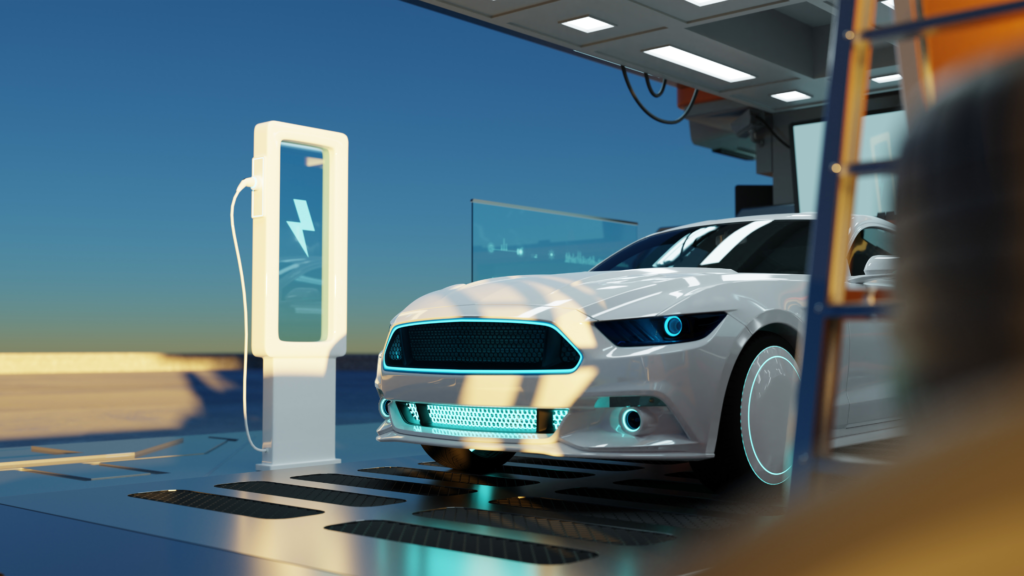
हाल के वर्षों में, भारत में environmental concerns, rising fuel costs, और supportive government policies के कारण electric vehicles (EVs) की adoption में surge देखा गया है। Electric car ownership cost in India (भारत में इलेक्ट्रिक कार ओनरशिप कॉस्ट) को समझना potential buyers के लिए informed decisions लेने के लिए essential है। यह comprehensive article purchase prices, EV subsidies in India 2025 (2025 में भारत में ईवी सब्सिडी), charging costs, maintenance, और insurance सहित EV ownership के विभिन्न components की पड़ताल करता है। इन factors का examination करके, हम यह clarify करने का aim रखते हैं कि 2025 में EVs एक cost-effective choice हैं या नहीं। Additional resources के लिए, I Love Electric पर visit करें।
Purchase Price of Electric Cars in India | भारत में इलेक्ट्रिक कारों की खरीद मूल्य
भारत में electric cars की purchase price model, brand, और features पर depend करती है। 2025 में, भारत विभिन्न budgets को cater करने वाली EVs की range प्रदान करता है। कुछ popular models निम्नलिखित हैं:
- MG Comet EV: ₹5.99 Lakh
- Tata Tiago EV: ₹7.99 Lakh
- Tata Nexon EV: ₹12.49 Lakh
- Hyundai Creta Electric: ₹17.99 Lakh
- MG Windsor EV: ₹12.00 Lakh
ये prices ex-showroom हैं और location और variant के आधार पर vary कर सकती हैं। Best electric cars in India 2025 (2025 में भारत में सर्वश्रेष्ठ इलेक्ट्रिक कारें), जैसे Tata Nexon EV और MG Comet EV, affordability और features का balance प्रदान करते हैं। हालांकि EVs की upfront cost अक्सर petrol या diesel cars से higher होती है, subsidies और lower running costs इस difference को offset कर सकते हैं।
EV Subsidies in India 2025 | 2025 में भारत में ईवी सब्सिडी

Government incentives electric car ownership cost in India (भारत में इलेक्ट्रिक कार ओनरशिप कॉस्ट) को reduce करने में crucial role निभाते हैं। 2025 में, central government का PM E-DRIVE scheme two- और three-wheelers पर focus करता है, लेकिन state governments electric cars के लिए significant subsidies offer करते हैं। इसके अतिरिक्त, EVs को 5% की reduced GST rate (ICE vehicles के लिए 28% की comparison में) और Section 80EEB के तहत loan interest के लिए ₹1.5 lakh तक tax deductions का benefit मिलता है।
State-Wise Subsidies
Subsidies state के according vary करती हैं, जो अक्सर battery size या vehicle price पर based होती हैं। Key state incentives का summary निम्नलिखित table में दिया गया है:
| State | Maximum Subsidy (₹) | Additional Benefits |
|---|---|---|
| Delhi | 1,50,000 | Road tax exemption, 72 charging stations |
| Maharashtra | 2,50,000 | Toll waivers, road tax exemption |
| Gujarat | 1,50,000 | Road tax exemption |
| Karnataka | 1,00,000 | Road tax exemption |
| Tamil Nadu | 1,00,000 | Road tax exemption |
ये subsidies change के subject हैं और specific conditions जैसे battery size या vehicle type के साथ हो सकती हैं। What are EV subsidies in India 2025 (2025 में भारत में ईवी सब्सिडी क्या हैं) को समझने के लिए, buyers को state policies और eligibility criteria check करना चाहिए। How to claim EV subsidy in India (भारत में ईवी सब्सिडी का दावा कैसे करें) में usually dealer के through application या state transport department के portal पर registration शामिल होता है।
Cost of Owning an Electric Car in India | भारत में इलेक्ट्रिक कार के मालिक होने की लागत
Electric car की total cost of ownership में कई components शामिल हैं:
- Purchase Price: जैसा कि पहले mentioned, यह model के according vary करता है और subsidies द्वारा offset किया जा सकता है।
- Running Costs: Mainly charging के लिए electricity की cost।
- Maintenance: EVs के लिए generally कम, क्योंकि moving parts कम हैं।
- Insurance: Conventional cars के similar, लेकिन model और insurer के आधार पर vary कर सकता है।
Running Costs
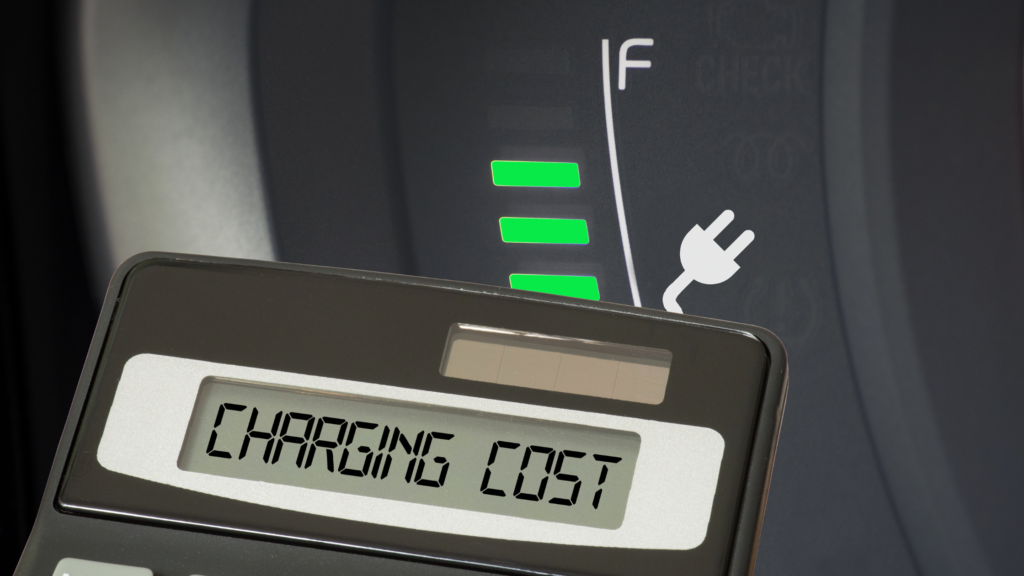
How much does EV charging cost India (ईवी चार्जिंग की लागत भारत में कितनी है) electricity tariff और battery size पर depend करता है। How much does EV charging cost India (ईवी चार्जिंग की लागत भारत में कितनी है) state और consumption slab के according vary करता है। उदाहरण के लिए, Delhi में rate above 1200 units के लिए ₹8/kWh है, जबकि Karnataka में above 100 units के लिए ₹5.90/kWh है। Residential electricity rates for higher consumption slabs in key states का summary निम्नलिखित table में दिया गया है:
| State | Residential Electricity Rate (₹/kWh) for Higher Consumption |
|---|---|
| Delhi | 8.00 (above 1200 units) |
| Maharashtra | 9.60 (above 400 units) |
| Gujarat | 7.30 (above 300 units) |
| Karnataka | 5.90 (above 100 units) |
| Tamil Nadu | 7.50 (above 300 units) |
कुछ states, जैसे Delhi, EV charging के लिए special tariffs offer करते हैं, जैसे residential charging के लिए ₹4.5/kWh, लेकिन ये rates 2019 के हैं और 2025 के लिए verify करना चाहिए। 30 kWh battery वाली car के लिए, full charge की cost लगभग ₹150 होगी at ₹5/kWh, जो लगभग 300 km की range प्रदान करती है। इस प्रकार, cost per km लगभग ₹0.50 है, जो petrol cars की ₹5-6 per km की comparison में काफी कम है। Public charging stations में, costs ₹10-20 per kWh तक हो सकती हैं, लेकिन home charging most economical है।
Maintenance
Electric vehicle maintenance cost India (भारत में इलेक्ट्रिक वाहन रखरखाव लागत) conventional vehicles की comparison में कम है। EVs में oil changes, fewer brake replacements (regenerative braking के कारण), और exhaust system maintenance की need नहीं होती। Average पर, EV maintenance costs ICE vehicles की comparison में लगभग 50% कम हैं, estimated ₹5,000 per year बनाम ₹10,000 per year।
Insurance

Electric car insurance cost India (भारत में इलेक्ट्रिक कार बीमा लागत) conventional cars के similar है। कुछ insurers EVs के लिए discounts offer कर सकते हैं क्योंकि वे environmentally friendly हैं और lower risk profile रखते हैं। हालांकि, higher purchase price के कारण premiums थोड़े high हो सकते हैं। Average पर, insurance costs लगभग ₹20,000 per year हैं।
Comparison with Conventional Cars | पारंपरिक कारों के साथ तुलना
Is electric car cheaper to own India (क्या इलेक्ट्रिक कार भारत में सस्ती है) को समझने के लिए, हम Tata Nexon के petrol और electric variants के लिए five years की total cost of ownership (TCO) की comparison करते हैं। यह comparison purchase price, running costs, maintenance, और insurance पर based है, 15,000 km annual driving के साथ।
| Cost Component | Petrol (₹) | EV (₹) |
|---|---|---|
| Purchase Price | 8,00,000 | 12,49,000 |
| Subsidy | 0 | 1,50,000 |
| Net Purchase Price | 8,00,000 | 10,99,000 |
| Running Costs (5 yrs) | 4,29,750 | 34,500 |
| Maintenance (5 yrs) | 50,000 | 25,000 |
| Insurance (5 yrs) | 1,00,000 | 1,00,000 |
| Total Cost | 13,79,750 | 12,58,500 |
Petrol Nexon की fuel cost ₹5.73 per km (17.44 kmpl mileage और ₹100 per liter petrol price मानकर) है, जबकि Nexon EV की charging cost ₹0.46 per km (30 kWh battery, 325 km range, ₹5 per kWh) है। Higher initial purchase price के बावजूद, EV की lower running और maintenance costs इसे five years में ₹1,21,250 cheaper बनाती हैं।
Q&A Section
What is the cost of owning an electric car in India? | भारत में इलेक्ट्रिक कार के मालिक होने की लागत क्या है?

Electric car ownership cost in India (भारत में इलेक्ट्रिक कार ओनरशिप कॉस्ट) में purchase price, subsidies द्वारा reduced, low running costs due to cheaper electricity, minimal maintenance, और standard insurance premiums शामिल हैं। Overall, यह petrol cars की comparison में अधिक economical हो सकता है, जैसा कि Tata Nexon comparison में दिखाया गया है।
How much does it cost to charge an electric car in India? | भारत में ईवी चार्जिंग की लागत कितनी है?
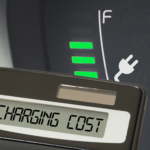
How much does EV charging cost India (ईवी चार्जिंग की लागत भारत में कितनी है) battery size और electricity rates पर depend करता है। 30 kWh battery के लिए full charge की cost लगभग ₹150 है at ₹5/kWh, जो 300 km की range प्रदान करती है, यानी लगभग ₹0.50 per km। Public stations में costs higher हो सकती हैं, लेकिन home charging most cost-effective है।
What are the subsidies available for electric cars in India in 2025? | 2025 में भारत में ईवी सब्सिडी क्या हैं?
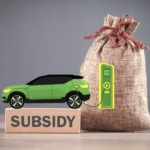
What are EV subsidies in India 2025 (2025 में भारत में ईवी सब्सिडी क्या हैं) state के according vary हैं। Delhi में ₹1.5 lakh तक, Maharashtra में ₹2.5 lakh तक subsidies available हैं। Central government 5% GST और Section 80EEB के तहत tax benefits provide करता है। How to claim EV subsidy in India (भारत में ईवी सब्सिडी का दावा कैसे करें) में dealer या state transport portals के through application शामिल है।
Is it cheaper to own an electric car compared to a petrol car in India? | क्या इलेक्ट्रिक कार भारत में सस्ती है?
Is electric car cheaper to own India (क्या इलेक्ट्रिक कार भारत में सस्ती है) की comparison में, EVs lower running और maintenance costs के कारण long-term में cheaper हो सकते हैं। Tata Nexon EV five years में petrol variant की comparison में ₹1.21 lakh cheaper है, despite higher initial cost।
What is the maintenance cost of an electric car in India? | भारत में इलेक्ट्रिक वाहन रखरखाव लागत क्या है?

Electric vehicle maintenance cost India (भारत में इलेक्ट्रिक वाहन रखरखाव लागत) petrol cars की comparison में lower है क्योंकि EVs में fewer moving parts हैं। Average पर, maintenance costs ₹5,000 per year हैं, ICE vehicles के ₹10,000 की comparison में।
Conclusion | निष्कर्ष
भारत में electric car का मालिक होना numerous benefits provide करता है, जिसमें lower running costs, reduced maintenance expenses, और government subsidies शामिल हैं जो initial purchase को more affordable बनाते हैं। जैसे-जैसे EV market grow करता है और technology improve होती है, electric car ownership cost in India (भारत में इलेक्ट्रिक कार ओनरशिप कॉस्ट) और अधिक competitive होने की expected है। जो लोग switch करने पर consider कर रहे हैं, उनके लिए specific models की research करना, available subsidies को understand करना, और total cost of ownership की calculation करना informed decision लेने के लिए necessary है। More information और various models की exploration के लिए, I Love Electric पर visit करें। Authoritative resources जैसे NITI Aayog और Tata Motors से latest policies और offers check करें।

